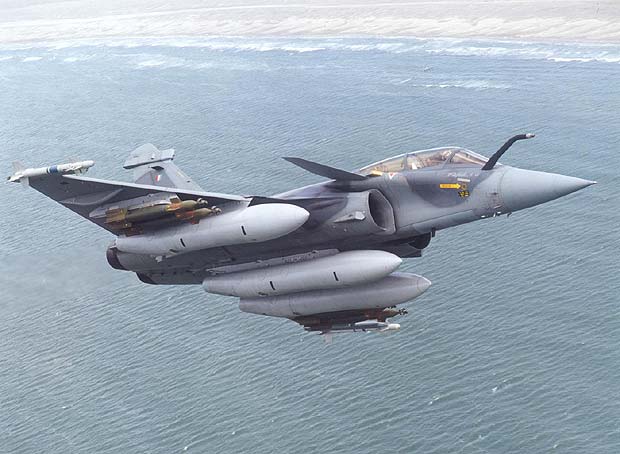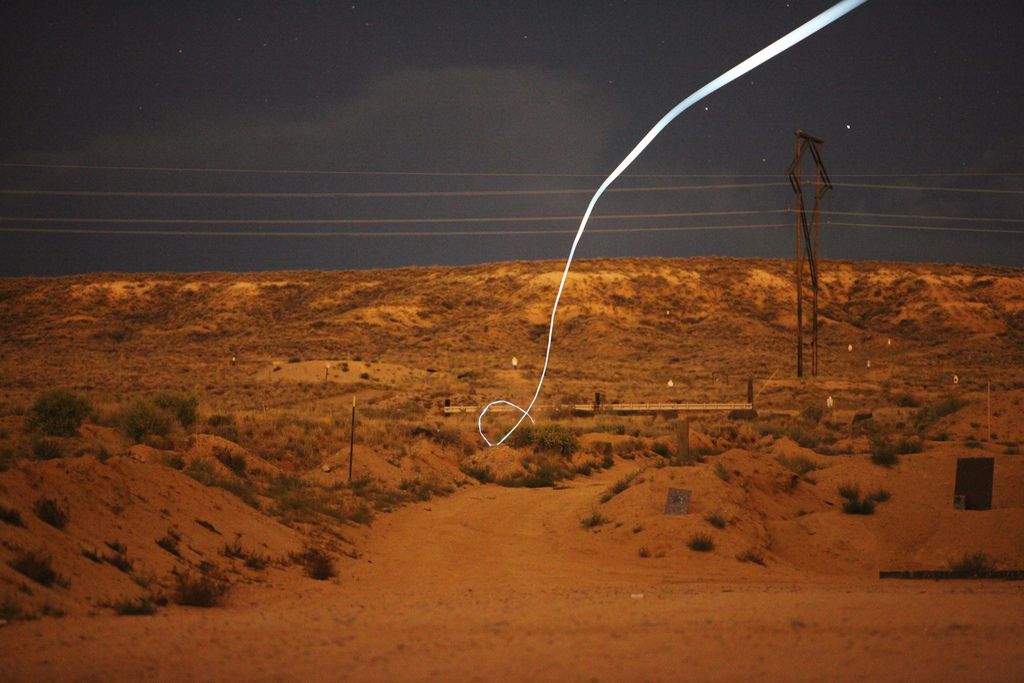First, the Americans, Russians and Swedes were ejected out of the hotly-contested race. And now, the Europeans too have been shot down in the dogfight, leaving only the French flying high in the Indian skies.
After an exhaustive technical and commercial evaluation spread over five long years, India on Tuesday selected French jet Rafale over the Eurofighter Typhoon for the gigantic almost $20 billion MMRCA (Medium Multi-Role Combat Aircraft) programme to supply 126 fighters to IAF – the largest such “open-tender” military aviation deal in the world.
It will take another four to five months for the contract to be inked after the final round of commercial negotiations between the defence ministry and French aviation major Dassault, and the requisite final nod from the Cabinet Committee on Security.
Under the MMRCA project, the first 18 jets will come in “fly-away condition” from France from mid-2015 onwards, while the rest 108 fighters will later be manufactured in India over six years after a transfer of technology (ToT) to Hindustan Aeronautics (HAL).
Sources said MoD on Tuesday declared Rafale to be cheaper (or lowest bidder, L-1) than Typhoon after extensive mathematical calculations and data verification of the unit cost of the two jets, lifecycle costs of operating them over a 40-year period, with 6,000 hours of flying, as well as cost of the ToT.
India’s decision will cause tremendous heartburn among the four countries backing the Typhoon – the UK, Germany, Spain and Italy. The US, for instance, is still sore about last year’s ejection of its F/A-18 `Super Hornet’ and F-16 `Super Viper’ jets from the MMRCA race after grueling field trials by IAF test pilots found only Rafale and Typhoon “compliant” on all the 643-660 technical parameters laid down to meet specific operational requirements of India.
Realizing this “sensitivity”, the external affairs ministry on Tuesday “briefed” the missions of the four losing European countries in New Delhi, while MoD explained the “determination of L-1” to aviation companies Dassault and European EADS, said sources.
Defence minister A K Antony had himself made it clear that “no external factor or geo-political consideration” would play a role in the MMRCA selection process, which would solely depend on technical and commercial factors, in what will be the single biggest arms deal to be inked by UPA-II before the 2014 elections.
France has reasons to be euphoric, with twin-engine Rafale still to find favour with any other international customer. French Air Force chief General Jean-Paul Palomeros, on a recent visit to India, had told TOI the multi-role Rafale had proved its mettle in Afghanistan and Libya, while also stressing the fighter was “nuclear-capable”.
French President Nicolas Sarkozy on Tuesday said the MMRCA deal would “include significant ToT guaranteed by the French government”.
France, the only major Western country not to impose sanctions on India after the 1998 Pokhran-II nuclear tests, has three major ongoing defence projects with India – the Rs 23,562-crore for six Scorpene submarines, the Rs 10,947-crore upgrade for 51 Mirage-2000s and the Rs 6,600-crore acquisition of 490 MICA missile systems.
The MMRCA project will dwarf them all. As earlier reported by TOI, this “mother” of all defence deals could well become the “granny” since India will in all probability go in for another 63 fighters after the first 126 jets.
When the MMRCA selection process was initiated by MoD in mid-2007, the overall project cost was pegged at Rs 42,000 crore or $10.4 billion for 126 fighters. Since then, with inflation also being factored in, revised estimates indicate the figure will touch $20 billion, if not exceed it. If India goes in for 189 jets, it will further head north.
IAF is keen the deliveries of the 126 fighters begin from mid-2015 onwards to stem its fast-eroding combat edge. Plans are in place to base the first MMRCA squadrons in the western sector against Pakistan, first Ambala and then Jodhpur, followed by Hashimara in the eastern sector against China, say sources.
“The first MMRCA built in HAL should roll out in 2017-18. Thereafter, HAL will deliver six jets per year, which will go up to 20 per year later. HAL will achieve 85% technology absorption by the end,” said a source.
Both MoD and IAF are confident there are “enough safeguards” built into the project, which includes “performance-based logistics”, to ensure India “gets the best machine, spares and product support”.
The 126 new jets will add to the ongoing progressive induction of 272 Sukhoi-30MKIs contracted from Russia for around $12 billion to bolster India’s depleting number of fighter squadrons, which are down to just 33 (with 14 to 18 jets in each) from even the “sanctioned strength” of 39.5 squadrons.
India is finalizing details of the stealth Indo-Russian FGFA (fifth-generation fighter aircraft) to be built in the coming decades. IAF hopes to begin inducting the first lot of the 250 to 300 FGFA from 2020 onwards, which rough calculations show will eventually cost India around $35 billion.










